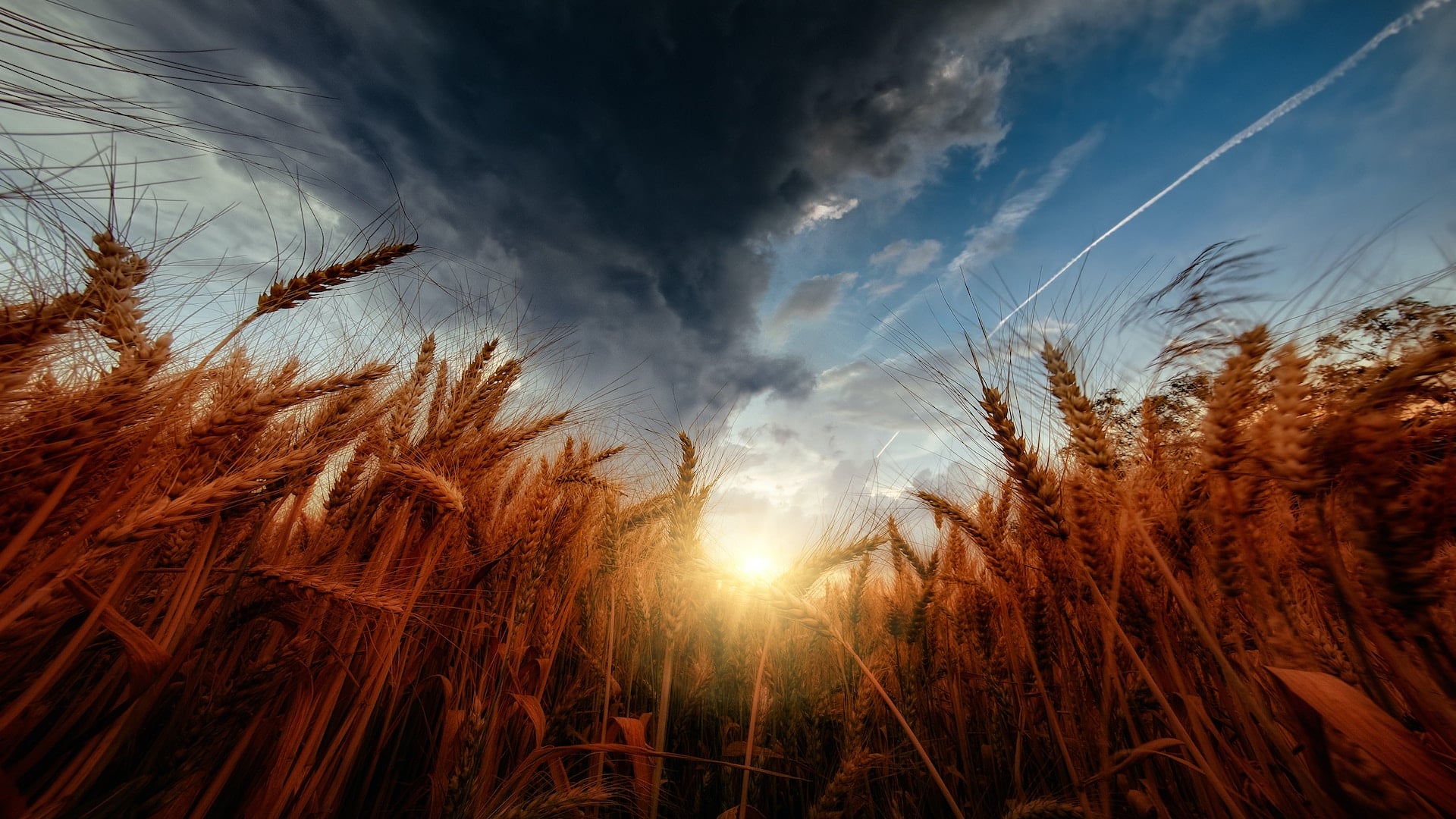Ruth needed help. Ruth needed help, and in his mercy God provided for her need. He provided it first through the laws of his land which instructed landowners that when they harvested grain, they were not to reap all the way to the edges of their fields and were not to pick up any bits their harvesters had dropped along the way. Instead, all of this was to be left for the poor and the foreigners who were to experience the charity of the wealthy, but also the dignity of hard work. And so, through his law, God provided for his destitute daughter Ruth and for many others like her. She dutifully took to the fields to gather grain for herself and her mother-in-law.
Then God also provided for Ruth’s need through the character of a man who went far beyond the strict requirements of law. When Boaz heard that Ruth had pledged loyalty to one of his family members and was now committed to providing for her, he told his employees to ensure she would suffer no lack. In fact, she was invited to not only follow along behind the harvesters and pick up what they dropped, but even to move among them so she could pick up even more. Boaz eagerly honored not only the letter of the law, but also its spirit when he invited Ruth to glean among the sheaves.
“Glean among the sheaves”—this is an evocative phrase and one we would do well to ponder, for when Boaz invited Ruth to do this very thing, he was simply imitating the mercy of his God, and hers. Boaz knew God to be merciful and gracious, slow to anger and abounding in steadfast love and faithfulness. He knew him to be a God who is good to all and merciful over all that he has made. He is not a bare minimum kind of God, but one who goes all out. He is not a God who sees how little he can get away with, but one who is lavish—lavish in love, mercy, grace, and faithfulness to his promises. It is his delight to provide all that his people need and more besides.
Each of us at various times experiences sorrow and hardship. Sometimes it is a financial loss and we are left destitute. Sometimes it is the loss of a loved one and we are left bereaved. Sometimes it is a combination of the two, as was the case with Ruth. Sometimes it is an entirely different form of suffering, trauma, or trial. But no matter what it is, God always provides for us with kindness and generosity. He never leaves us to pick up just the sparest bits of his mercy, never forces us to the margins to forage for the leftovers of his grace. Rather, he always invites us to glean among the sheaves.
God gives us abundant promises to claim, abundant mercy to appeal for, abundant grace to sustain us.
In our most difficult times, God gives us abundant promises to claim, abundant mercy to appeal for, abundant grace to sustain us. His Word is full of hope, full of light, full of life. When all seems uncertain, we can turn to his Word and rely on what it says. “My grace is sufficient for you, for my power is made perfect in weakness,” he says, and “the Lord bestows favor and honor. No good thing does he withhold from those who walk uprightly.”
In our need he says, “Look at the birds of the air: they neither sow nor reap nor gather into barns, and yet your heavenly Father feeds them. Are you not of more value than they?” And he says, “do not be anxious, saying, ‘What shall we eat?’ or ‘What shall we drink?’ or ‘What shall we wear?’ For the Gentiles seek after all these things, and your heavenly Father knows that you need them all. But seek first the kingdom of God and his righteousness, and all these things will be added to you.”
In our grief he reveals himself as “the God of all comfort, who comforts us in all our troubles” and promises that “all things work for good.” In our trials he assures us that “this light momentary affliction is preparing for us an eternal weight of glory beyond all comparison.” In our uncertainty, when we are sure we are walking through the very Valley of the Shadow of Death,” he reminds us to say, “I will fear no evil for you are with me, your rod and your staff they comfort me.”
Through it all he directs our gaze to his very own Son, Jesus Christ, who is the man of sorrows, intimately acquainted with grief. He, for the joy that was set before him, endured the cross, despising the shame, and is now seated at the right hand of the throne of God. In any suffering, we follow in his divine footsteps.
So, as we take up our cross and follow him, we need not despair. We need not fear and we need not think he has abandoned us. We need only look to God and ask for what he has promised he will provide. We are not left to glean for hope in barren fields, not left trying to pick up the scraps of his mercy when others have already taken the best of it. Always we gather into our arms the abundance of his mercy, the overflow of his grace. Always we glean among the sheaves.










